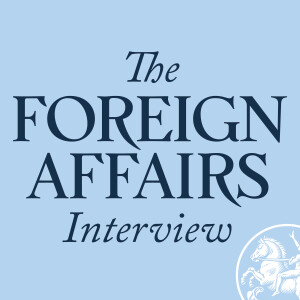Thursday Jul 24, 2025
For decades, Joseph Nye was one of the true giants of American foreign policy. His career, in government and in the academy, spanned epochs, and his body of work as a scholar of international relations remains unparalleled.
Nye, who passed away at the age of 88 in May, served in the Carter and Clinton administrations and headed the Harvard Kennedy School for nearly two decades. But he may be best known for his contributions to the study of international relations. Nye coined the term “soft power” and co-authored Power and Interdependence, a pathbreaking analysis of geopolitics, with Robert Keohane.
Fifty years later, Nye and Keohane, longtime colleagues and friends, reunited for a final time in Foreign Affairs’ pages, to argue that President Donald Trump’s single-minded fixation on hard power risks weakening the real sources of U.S. strength. It is a fitting, if not exactly valedictory, culmination of a life in the American century.
Over the decades, Keohane got to know Nye the thinker and Nye the man better than almost anyone. Dan Kurtz-Phelan spoke with Keohane about Nye’s legacy and about what a changing American foreign policy will mean for the future of international relations.
You can find sources, transcripts, and more episodes of The Foreign Affairs Interview at https://www.foreignaffairs.com/podcasts/foreign-affairs-interview.







